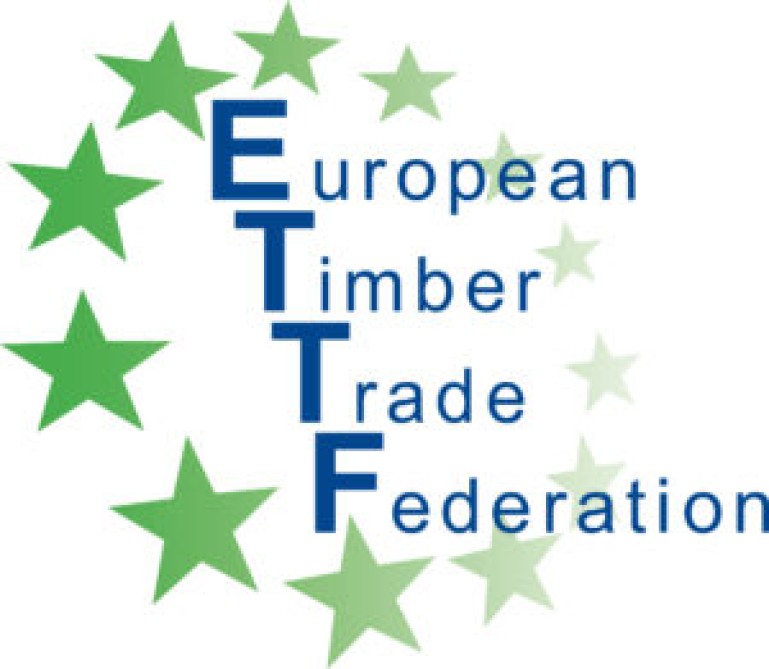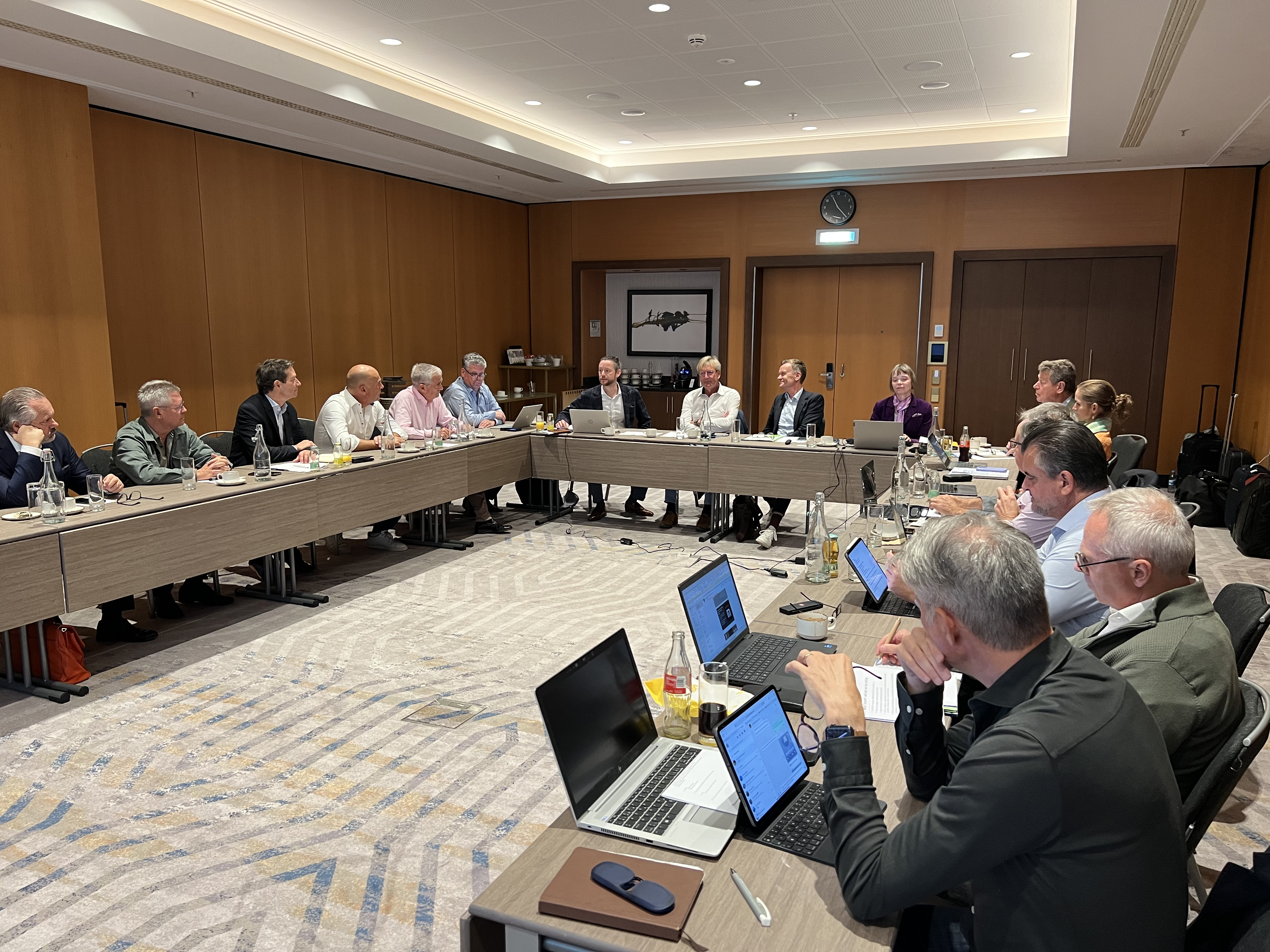

27.10.2023
ETTF's most recent General Meeting was held in Vienna on 13 October. During the AGM, Nils Olaf Petersen, of GD Holz, was elected as the new General Secretary from 2024. He succeeds Thomas Goebel.

During this meeting, the ATIBT presented the progress of actions concerning the Cites, and raised the situation of Gabon in particular, following recent discussions by the competent authorities in Brussels casting doubt on the possibilities of carrying out RBUE audits in the country.
LCA studies, which quantify the environmental impact of a product throughout its life cycle, were also discussed. Demand for LCA studies is stronger in the construction sector. General data already exists for a number of products, but specific studies are also needed. Some countries are already more advanced than others in this area. Consequently, it was agreed at the AGM to draw up an overview of requirements by country. The next step will be to examine the extent to which data can be adopted and collaborations put in place. It should be noted that LCA studies are expensive, so greater cooperation in this area would be welcome.
As usual, a round-table discussion took place on market forecasts.

In Germany, the construction and renovation sector is showing signs of slowing down, with negative variations in sales for sawn timber, panels, building components, planed products, floor coverings and garden products. The shortage of skilled labour remains a challenge.
In Belgium, sales have fallen by 17% in the wood industry, while panel production has stagnated. Inflation is down, but labour costs have risen by 15%. The outlook for 2024 is cautious.
In Denmark, the outlook for 2024 is more optimistic, with a slight fall in inflation and increased demand for labour, particularly in the construction sector. However, prices could fall due to a surplus of stocks.
In Italy, growth was slightly below 5.7% in July 2023. Prices are falling every month, and building permits are down due to high interest rates. Businesses are optimistic in the medium term due to EU policies on energy efficiency.
In Spain, GDP is set to grow by 2.3% in 2023, but timber import statistics are down. Residential investment is affected by supply and demand factors, including the high cost of building materials. The economic and political situation is uncertain.
In the Netherlands, the economy has slowed in 2023, with GDP growth forecast at 0.7%. Inflation remains high, but labour shortages in various sectors are easing the pressure on purchasing power. Imports have fallen by 12% in 2022, while exports have risen. Production of traditional building systems is expected to fall by 2.5% in 2024.
In Austria, expectations are less optimistic, with GDP growth of just 0.3% in 2023. Inflation remains high, but is forecast to fall in 2024. The industry is calling for political measures to tackle the energy, climate and economic crisis.
To sum up, the situation on Europe's timber markets is downward, with significant variations from one country to another, labour shortages in some sectors, and uncertainties linked to inflation and demand for construction materials. The outlook for 2024 is cautious, but on the whole fairly optimistic.
For Central Africa, it was commented that the situation is complicated for companies, due to a gloomy international context. The situation in Cameroon is also characterised by tensions linked in part to taxation. In the Republic of Congo, the ban on exporting tropical wood logs is under discussion, even though the measure is effective in principle. It should be possible to take measures to further facilitate the export of logs.
In Gabon, logistical difficulties continue to be high, but the export situation has become clear again, following the uncertainties linked to the RBUE a few days ago. The ATIBT, the UFIGA and the players in the sector are continuing to hold discussions with the government authorities and the European Commission.
The arrival of new companies certified for sustainable management, such as Alpicam in Cameroon (FSC certification), was commented on.